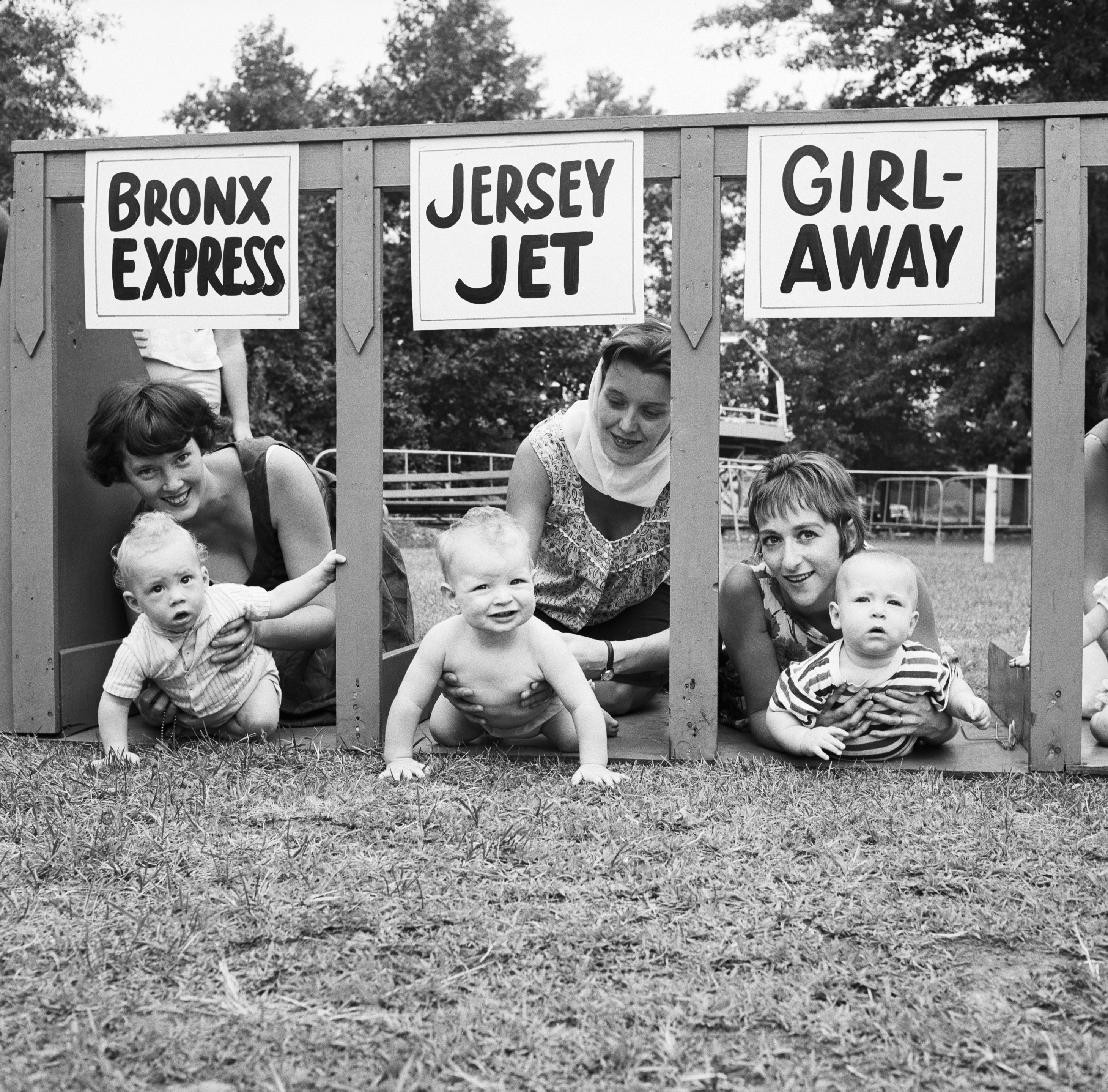The mommy wars are not about kids
They are about moms


A free daily email with the biggest news stories of the day – and the best features from TheWeek.com
You are now subscribed
Your newsletter sign-up was successful
The Washington Post recently reported on the first large-scale longitudinal study looking at the relationship between how much time mothers spend with their kids and how those kids turn out. They found that there is virtually no correlation for kids between the ages of 3 and 11, and only a minimal effect on adolescents. The researchers looked at how these kids fared in school, their behavior, and emotional well-being.
These findings can be read as the rejection of intensive parenting, a popular child-rearing approach rooted in the idea that the more time and effort spent on our children, the better. It's quality, not quantity, the author's of the study urge; when mothers worry about quantity, they just end up stressing out their kids too. This stress is worse for the kids than the lack of time of together.
So now that we know that both working moms and stay-at-home moms have an equal shot at raising great kids, it's time to end the mommy wars, right? Not so fast.
The Week
Escape your echo chamber. Get the facts behind the news, plus analysis from multiple perspectives.

Sign up for The Week's Free Newsletters
From our morning news briefing to a weekly Good News Newsletter, get the best of The Week delivered directly to your inbox.
From our morning news briefing to a weekly Good News Newsletter, get the best of The Week delivered directly to your inbox.
The findings from this study tell us that our kids can be just fine with both working and stay-at-home moms. If the mommy wars were actually about our kids, then the results would certainly be cause for a truce. But the mommy wars are not about our kids. The mommy wars are about mommies. If we want them to end we need to change the way we approach parenthood, not parenting.
I believe that most of the women engaging in the mommy wars, whether on the frontline or as bystanders, know, deep down, that their kids will be okay whether they work or not. As this recent study shows, the factors most associated with future success are income level and a mother's educational level. Those of us who are educated and financially secure, who have the time and means to pick a side in the mommy wars, we're all just squabbling over abundance. Our children have more advantages than most children throughout history, not to mention around the world today. They've got quantity and quality. They might get a little stressed out from their intense parents, but all things considered, they are going to be just fine.
The fighting carries on not because of what we think about our children, but because of what we think about ourselves. We are ambivalent about what it means to be a mother today and haven't a clue how to talk about it. We wrestle with an unprecedented number of choices, and struggle to figure out how we fit in. We speak often about wanting it all and feminist housewives, but how many of us would check either box when describing our lives?
Since we lack a vocabulary for this ambivalence, we draw lines in the sand. We're still reaching back to old identity markers, ones that have been around since the 1980s, instead of talking about work and kids in a way that reflects our lives.
A free daily email with the biggest news stories of the day – and the best features from TheWeek.com
These divisions are so tired and limiting. They crumble when held up to the nuance and unpredictability of our individual lives. They ignore the diversity of what it looks like and feels like to be a mother, and the fact that many of us identify with both sides at once. They also ignore more pressing concerns, like how all working mothers don't have universal parental leave and reliable, affordable child care.
Want to end the mommy wars? Yes, we've got to remember that quality matters more than quantity. But we've also got to find a way to embrace our ambivalence. Together.
We need to remember that there are many ways to define a "good parent," that kids are different, partnerships are different, and our ambitions and desires ebb and flow with the tides of our lives. And we must fight to ensure that women have the choices they deserve, even as we respect the choices they make.
Elissa Strauss writes about the intersection of gender and culture for TheWeek.com. She also writes regularly for Elle.com and the Jewish Daily Forward, where she is a weekly columnist.
-
 What to know before filing your own taxes for the first time
What to know before filing your own taxes for the first timethe explainer Tackle this financial milestone with confidence
-
 The biggest box office flops of the 21st century
The biggest box office flops of the 21st centuryin depth Unnecessary remakes and turgid, expensive CGI-fests highlight this list of these most notorious box-office losers
-
 The 10 most infamous abductions in modern history
The 10 most infamous abductions in modern historyin depth The taking of Savannah Guthrie’s mother, Nancy, is the latest in a long string of high-profile kidnappings
